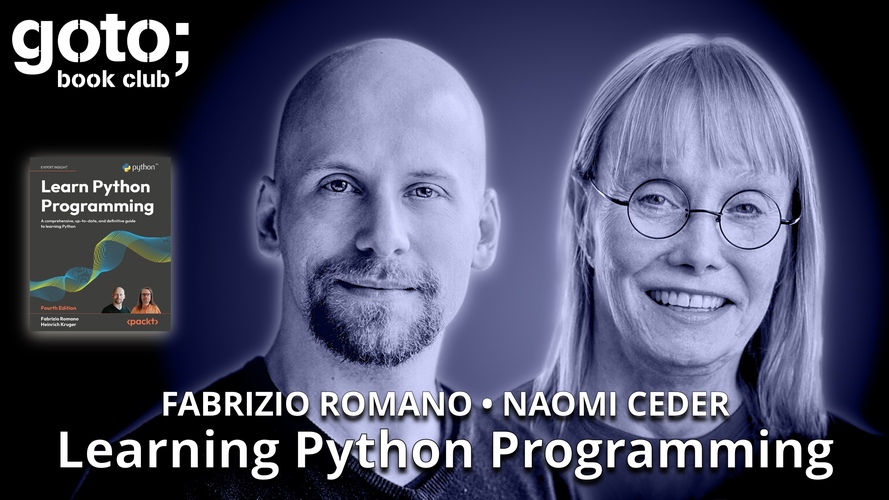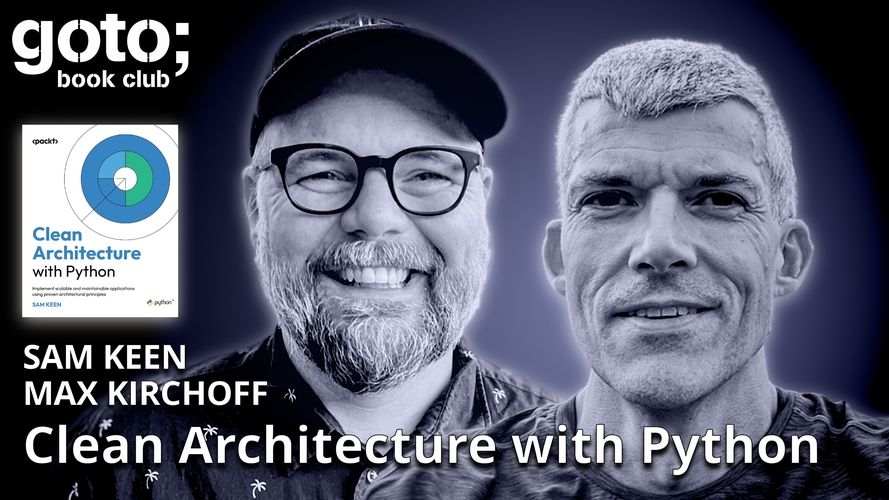Python
21 RESULTS
50:28

Robot DJs: Better Spotify Playlists through Music Theory and Discrete Optimization
GOTO Chicago 2019
51:02

It Really is Easier to Ask for Forgiveness (than Permission)
GOTO Chicago 2019
14:40

Ray: A System for Distributed Applications
GOTO Chicago 2020
39:19

Scaling Python for Machine Learning: Beyond Data Parallelism
GOTO Chicago 2023
29:35

Reinforcement Learning - ChatGPT, Playing Games, and More
GOTO Chicago 2023
30:42

Learning Python Programming
GOTO Book Club
36:22

Clean Architecture with Python
GOTO Book Club
54:55

Learning Test-Driven Development
April 14, 2022
2:48

The Quick Python Book
September 8, 2022
30:42

Learning Python Programming
October 2, 2025
36:22

Clean Architecture with Python
December 18, 2025

Python Was Crowned Programming Language King of 2020
January 20, 2021

Sam Keen
from
AlterCraft
Founder & Researcher at AlteredCraft & Author of “Clean Architecture with Python”
Browse all tags
Here







